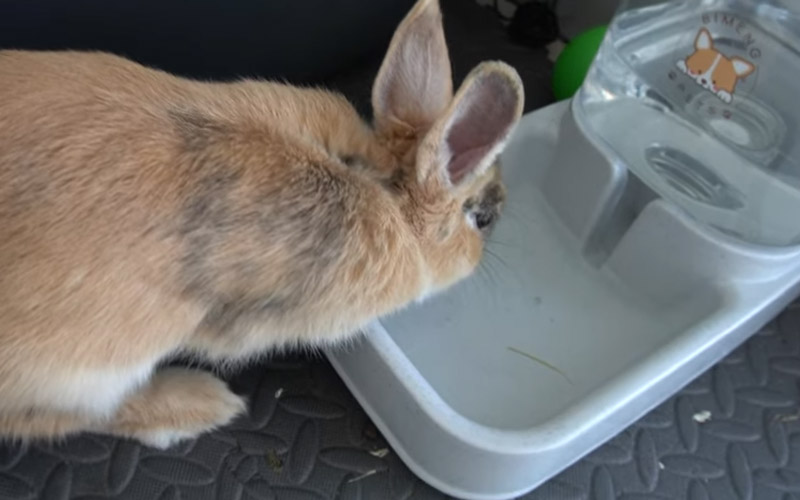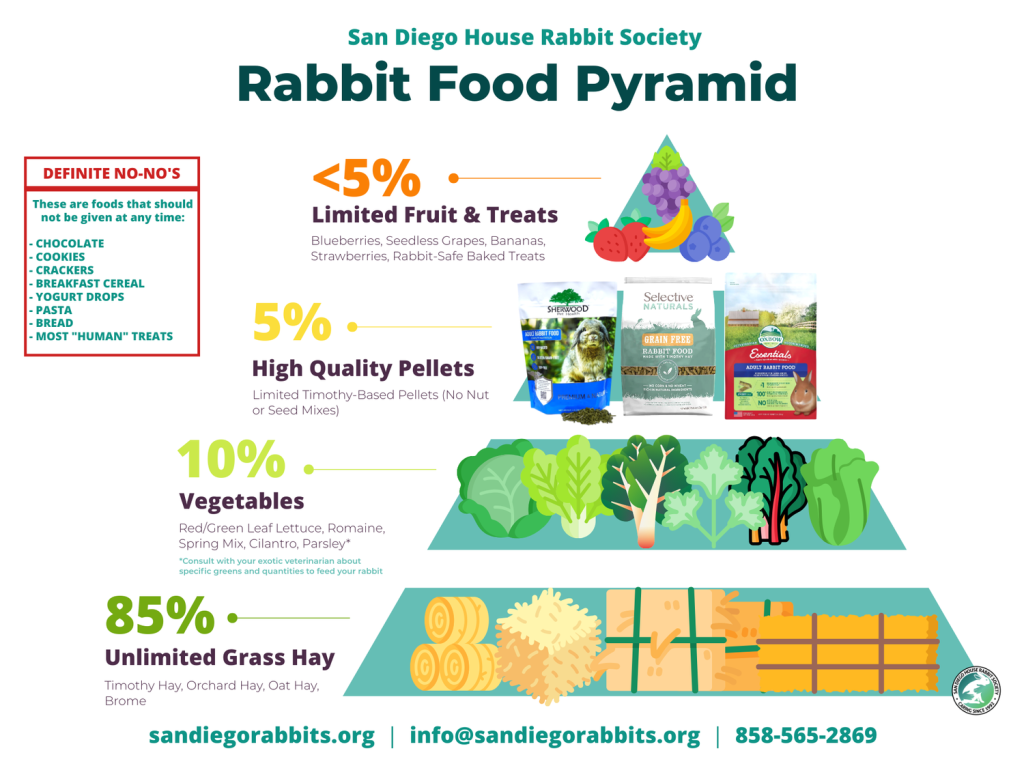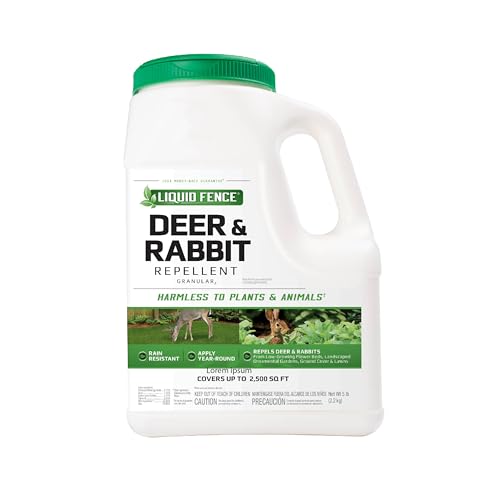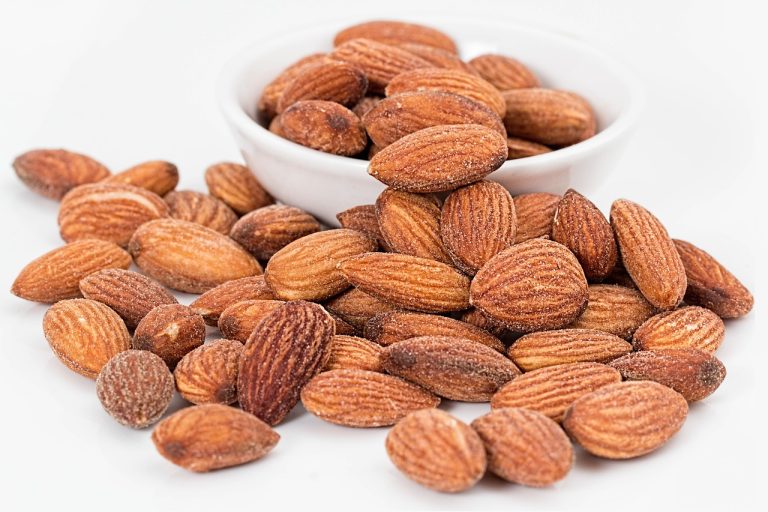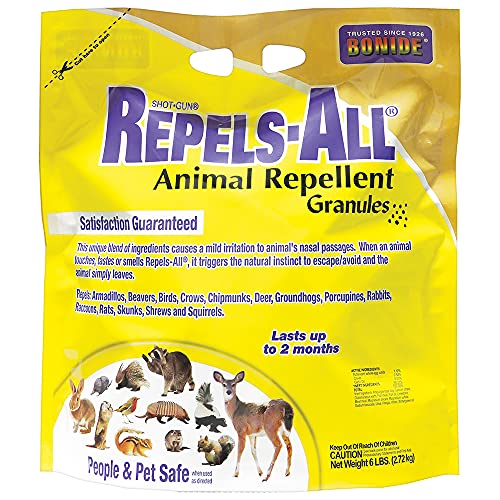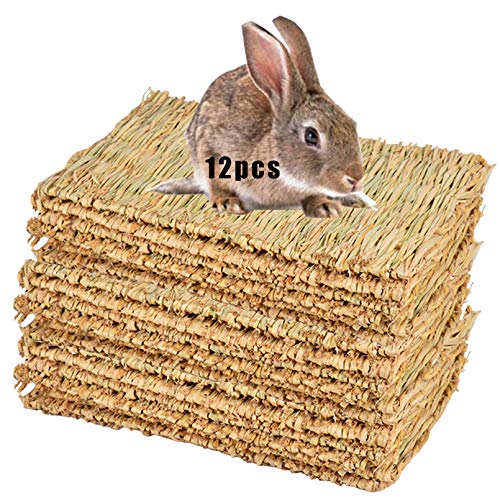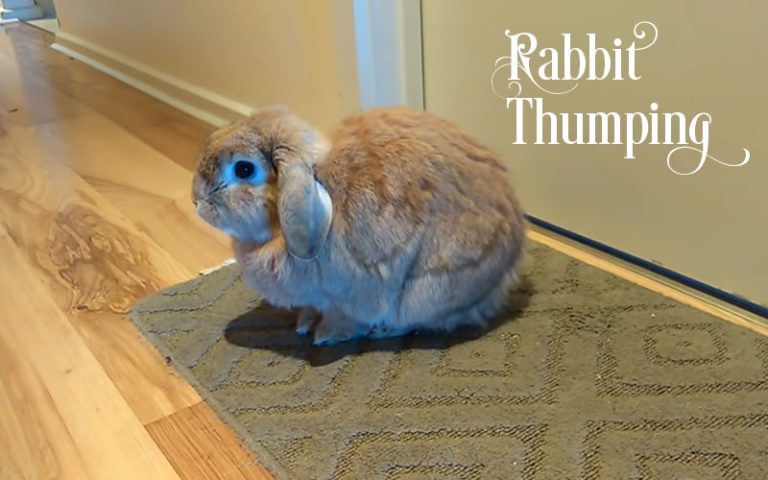Why Is My Rabbit Drinking So Much Water? (8 Causes & Solutions)
Your rabbit might be drinking a lot of water due to heat, exercise, or an increased need for hydration. It could be because of warmer weather, increased physical activity, or a change in diet. Additionally, illnesses like kidney problems or diabetes can also cause excessive thirst in rabbits.
Do Rabbits Drink a Lot of Water?
Rabbits do drink water, and the amount can vary based on their size, age, diet, and environmental conditions. Generally, rabbits need access to fresh and clean water at all times. A healthy rabbit will typically drink a moderate amount of water, but individual requirements may vary. They need a good amount of hydration to stay healthy.
Types of Diets for Rabbits
There are various types of diets suitable for these small herbivores, each catering to different needs and stages of their lives. Understanding the various options can help rabbit owners make informed decisions about what to feed their beloved pets.
- Hay-Based Diet: The foundation of a rabbit’s diet should be hay. Hay is not only affordable but also provides essential fiber for proper digestion. Choose high-quality grass hays such as timothy hay, orchard grass, or Bermuda grass. Hay promotes healthy dental wear, prevents obesity, and aids in preventing hairballs.
- Pelleted Diet: Pellets serve as a convenient way to provide essential nutrients to rabbits. Look for high-fiber pellets without added nuts, seeds, or colorful bits. Ensure the pellets are fresh and do not make up the majority of the diet. A daily serving of pellets, combined with unlimited access to hay, is a good practice.
- Fresh Vegetables: Incorporating fresh vegetables into a rabbit’s diet adds variety and additional nutrients. Leafy greens like romaine lettuce, kale, and spinach are excellent choices. Carrots, bell peppers, and broccoli can also be included, but moderation is key to preventing digestive issues. Introduce new vegetables gradually to avoid upsetting your rabbit’s stomach.
- Fruits as Treats: While fruits are tasty and can serve as occasional treats, they should be given in moderation due to their sugar content. Small amounts of fruits like apples, strawberries, and blueberries can be offered as rewards. Remove any seeds or pits to avoid choking hazards, and always wash fruits thoroughly.
- Herbs for Flavor: Adding herbs to a rabbit’s diet not only enhances the flavor but also provides additional nutrients. Parsley, cilantro, and mint are some herbs that rabbits typically enjoy. Fresh herbs can be scattered over hay or mixed with vegetables to encourage eating.
- Limited Commercial Treats: Commercial treats designed for rabbits are available, but they should be given sparingly. These treats often contain sugars and additives that may be detrimental to a rabbit’s health if consumed excessively. Reserve them for special occasions and focus on a balanced diet.
- Fresh Water Always: Regardless of the diet chosen, providing fresh, clean water is crucial for a rabbit’s well-being. Ensure your rabbit has access to water at all times. Use a heavy bowl or sipper bottle to prevent spills and contamination.
Impact of Diet On Water Consumption
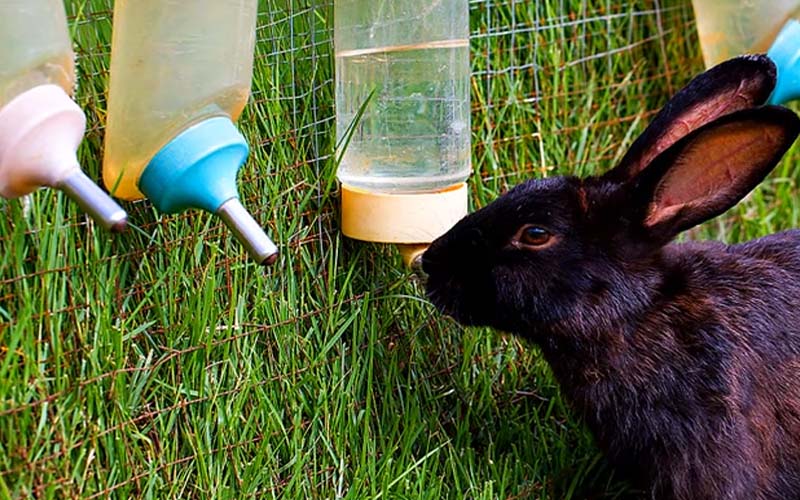
Your rabbit’s diet plays a pivotal role in determining its water intake. Imagine your bunny’s diet as a fuel gauge for its hydration levels. Providing the right mix of food not only nourishes them but also influences how much water they slurp up.
Let’s break down how diet choices can sway your bunny’s water-drinking habits.
1. Hay Matters
Rabbits are big fans of hay, and it’s not just a tasty treat for them. The fibrous nature of hay requires more water for digestion. It’s like their digestive system sending out a memo saying, “We need extra liquid to process this!”
2. Fresh Veggies Count
Integrating fresh vegetables into your rabbit’s diet is like adding juicy flavor to their menu. These veggies have a water content that not only contributes to overall hydration but also adds a burst of taste to their munching experience.
3. Pellets and Hydration Dance
Pellets are a staple, but they can be a bit like the dried biscuits of the rabbit world. They don’t bring as much hydration to the table as the hay and veggies. So, if your bunny is more of a pellet enthusiast, make sure they have easy access to fresh water.
4. The Combo Effect
Now, let’s imagine your rabbit’s diet as a symphony – hay, veggies, and pellets harmonizing together. The varied textures and tastes not only keep them interested in mealtime but also create a balanced blend that influences their overall water consumption.
Why Is My Bunny Drinking So Much Water? – 8 Common Causes and Solutions
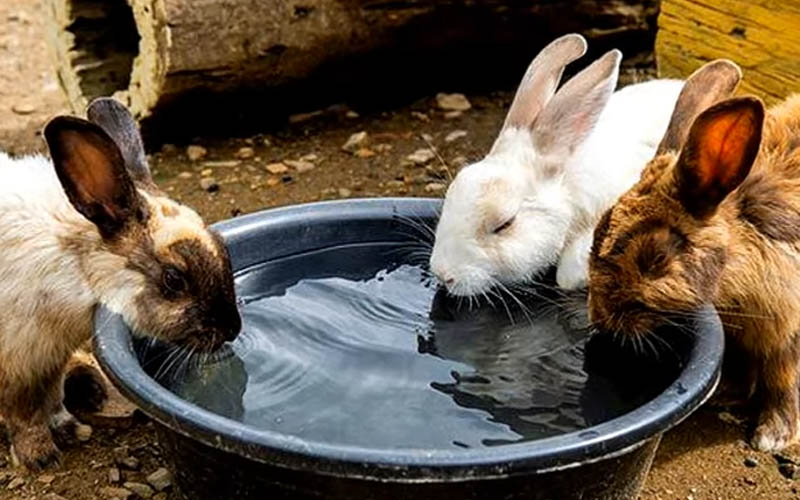
Have you noticed your bunny drinking an unusually large amount of water? While it’s normal for rabbits to enjoy a refreshing sip now and then, excessive water consumption can be a cause for concern.
The 8 reasons why your rabbit drinks so much water like there’s no tomorrow and know potential solutions to ensure your rabbit stays happy and healthy.
1. Dehydration Dilemma
First and foremost, let’s talk about the most straightforward reason for increased water intake – dehydration. Just like us humans, rabbits need sufficient hydration to maintain their overall health. If your bunny has been hopping around without taking enough water, their body will naturally crave more to make up for the deficit. This might occur due to hot weather, lack of water availability, or even an underlying health issue causing increased fluid loss.
Solution: Ensure your rabbit always has access to fresh and clean water. Check their water bottle or bowl regularly, especially during warmer months, to prevent dehydration.
2. Dietary Changes
Rabbits can be quite picky eaters, and a sudden change in their diet may lead to increased thirst. Whether you’ve introduced a new type of hay, pellets, or fresh veggies, these alterations can impact their water consumption. Some foods, like salty treats or high-calcium hays, may also prompt a rabbit to drink more water to balance their electrolytes.
Solution: Gradually introduce new foods into your rabbit’s diet to allow their digestive system to adjust. Monitor their water intake during dietary changes and ensure a well-balanced diet.
3. Dental Dilemmas
Imagine trying to enjoy your meals with a toothache – not pleasant, right? Rabbits with dental issues may find it uncomfortable to eat, leading them to consume more water instead. Dental problems, such as overgrown teeth or dental malocclusion, can affect their ability to chew properly, prompting a compensatory increase in water intake.
Solution: Schedule regular veterinary check-ups to monitor your rabbit’s dental health. Provide plenty of hay, which promotes natural chewing and helps wear down their teeth.
4. Kidney Conundrums
Issues with the kidneys can also contribute to excessive thirst in rabbits. Renal problems, such as kidney disease or infections, may lead to increased water intake as the body attempts to flush out toxins. If you notice your rabbit frequently visiting the water bottle or bowl, it could be a sign of an underlying kidney issue.
Solution: Consult your veterinarian if you suspect kidney problems. They may recommend diagnostic tests and prescribe appropriate treatments to manage the condition.
5. Diabetes Dilemma
Yes, even rabbits can develop diabetes. While less common than in some other pets, diabetes can affect our bunny, leading to increased thirst. Diabetes in rabbits is characterized by an inability to regulate blood sugar levels, causing them to drink more water to dilute the excess glucose in their system.
Solution: If you observe persistent excessive thirst, consult your vet for blood tests to determine if diabetes is the culprit. Management often involves dietary adjustments and, in some cases, medication.
6. Environmental Factors
Sometimes, the answer to your rabbit’s water-drinking mystery lies in the environment. Changes in temperature, humidity, or stress levels can impact their water needs. Rabbits may drink more when feeling stressed or anxious, such as during a move to a new home, the introduction of a new pet, or changes in their surroundings.
Solution: Create a stable and comfortable environment for your rabbit. Provide hiding spots, toys, and a consistent routine to minimize stressors.
7. Medication Side Effects
If your rabbit is on medication, it’s essential to be aware of potential side effects. Some medications can increase thirst as a secondary effect, and your bunny may be compensating by drinking more water than usual.
Solution: Consult your veterinarian to discuss any observed changes in your rabbit’s behavior. They may adjust the medication dosage or recommend alternative options with fewer side effects.
8. Gastrointestinal Issues
Gastrointestinal problems, such as diarrhea or blockages, can lead to dehydration and increased water consumption. In an attempt to compensate for fluid loss, your rabbit may drink more water to maintain proper hydration levels.
Solution: Monitor your rabbit’s litter box habits and seek veterinary attention if you notice any signs of gastrointestinal distress. Prompt treatment can prevent further complications.
FAQ
A rabbit should drink approximately 50 to 150 milliliters of water in a day. It’s important to ensure a fresh and clean water supply, as hydration is crucial for a rabbit’s blessing. Keep an eye on their water bottle or bowl to make sure they have access to enough water throughout the day.
Rabbits can safely drink tap water. It’s a suitable and convenient option for hydrating your furry friend. Ensure the water is clean and free from contaminants. If your tap water is safe for you, it’s generally safe for your rabbit too.
You can tell if your rabbit is dehydrated by checking for signs like dry and sticky gums, sunken eyes, or reduced skin elasticity. Gently pinch the skin on their back; if it doesn’t bounce back quickly, they may be dehydrated.
No, rabbits generally can’t die from drinking too much water. They regulate their water intake well. However, excessive water consumption could indicate an underlying health issue, such as kidney problems or diabetes.

